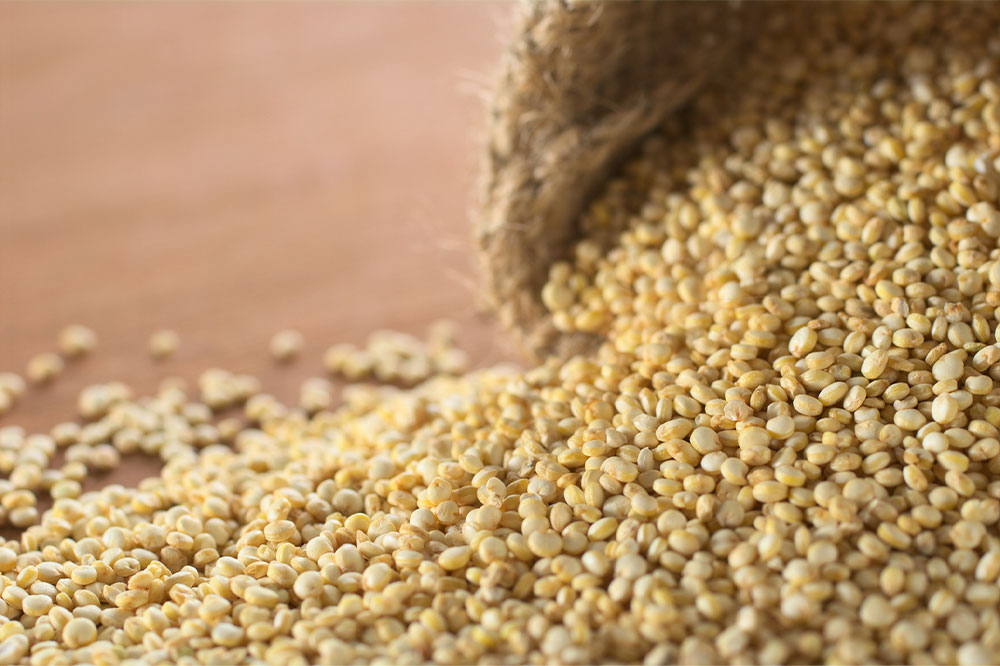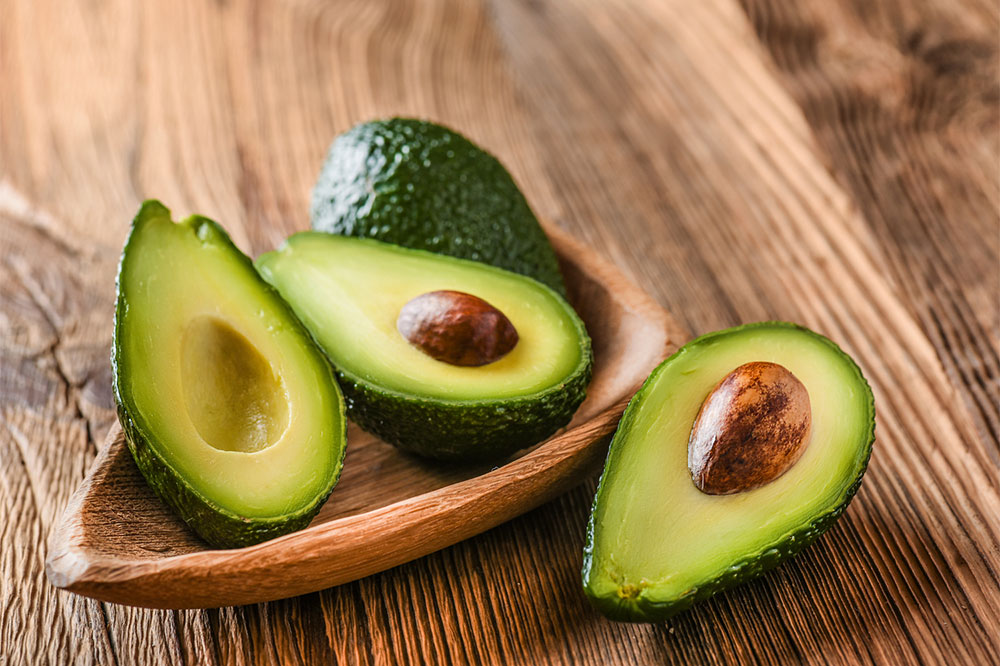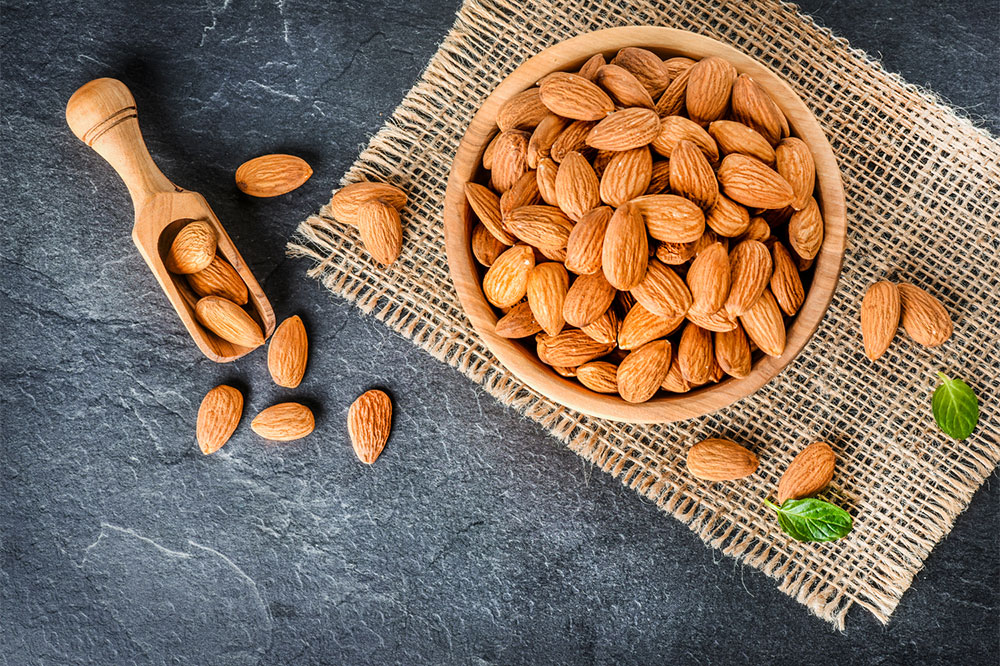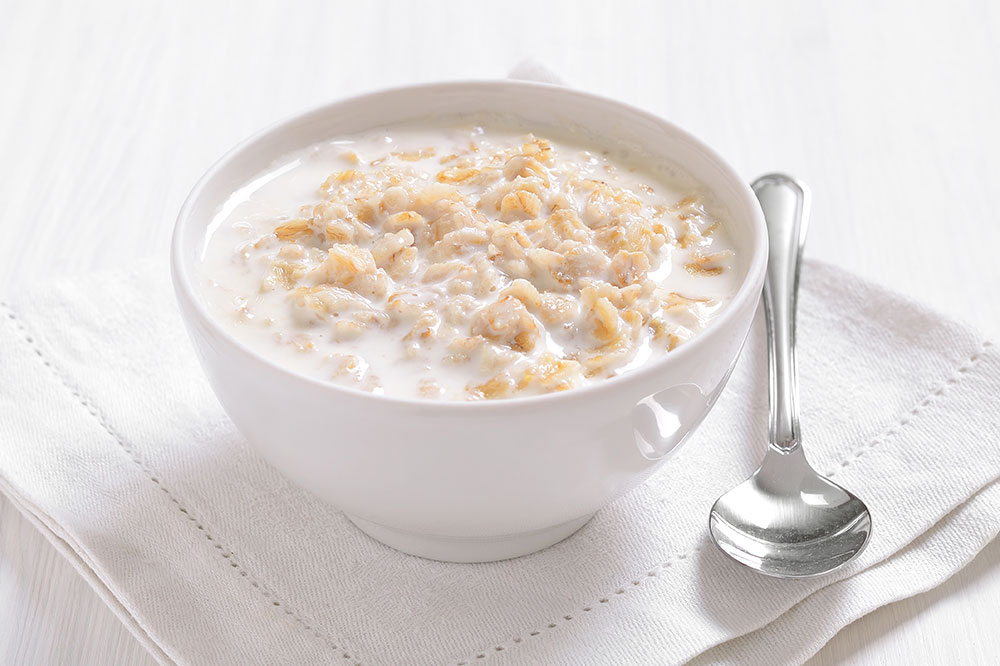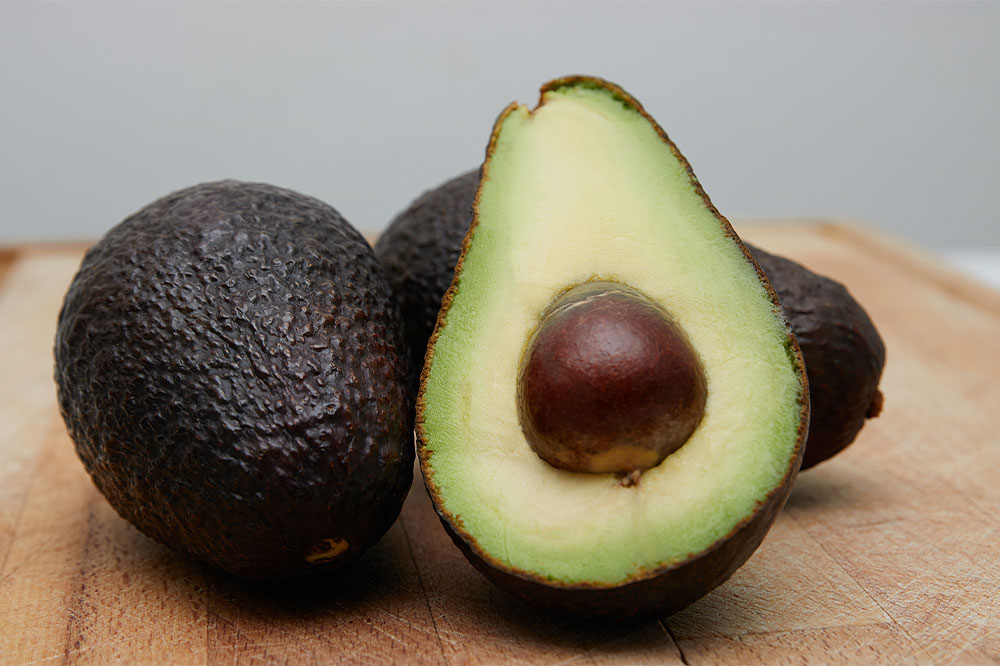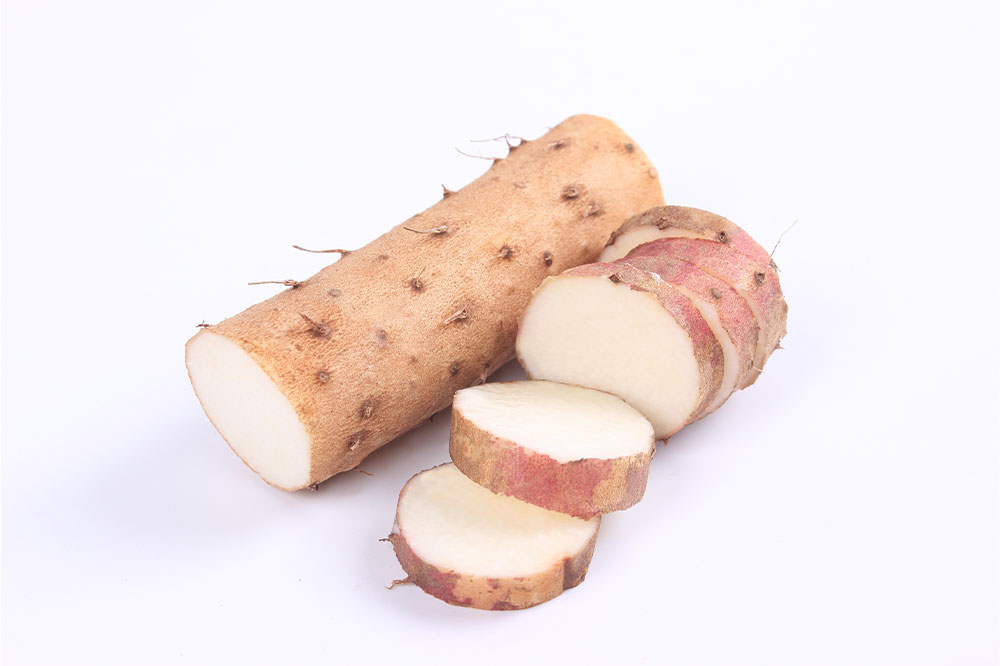
4 tips to effectively manage menopause symptoms
Menopause is a naturally occurring bodily process that marks the end of the reproductive capabilities in women. It usually leads to fluctuations of hormones in the body and a wide range of symptoms that can affect day-to-day life. While menopause is a natural process, women can follow some helpful tips to ease the signs and symptoms of this process. Read this article further for some helpful tips to manage menopause: Understanding the stages of menopause Menopause is that time in a woman’s life when her menstrual cycles permanently halt without any physiological or biological causes. The changes can be classified into 4 stages: Pre-menopause The menstrual cycle will occur during this period, but it may be regular or irregular. It varies from woman to woman. The reproductive hormones start declining in a woman’s body. There are no visible signs or symptoms of menopause during this period. A woman can still reproduce successfully, though some women may face difficulties. Perimenopause Also called ‘around menopause,’ is visible signs of transition in a woman’s body like irregular periods and hot flashes. On average, the period leading up to perimenopause may last up to 4 years. However, it varies from woman to woman. It may even last for a few months or up to 8 to 10 years.
Read More 